HERB ALPERT: ‘IF SOMEONE NEEDED MY FATHER’S HELP, HE WAS ALWAYS THERE FOR THEM’

Herb Alpert: ‘My creativity drives me.’ Photograph: Dewey Nicks
I grew up in central Los Angeles. My father was born in Russia. He was a survivor. He had come to the US in 1915, when he was 16, not speaking a word of English, on his own, at the insistence of his family. He landed in Ellis Island and made a life for himself. My mother was from the Lower East Side of New York. She was a secretary, she was good with numbers and played the violin, but not professionally.
One of my earliest memories is from when I was eight. In school, in a music appreciation class, there was a table filled with instruments and I happened to pick up a trumpet. It had a profound effect on my life. At home, I’d be playing it, and the neighbours would yell, “Shut the window!” while my mother yelled back at them. My brother played drums; we were a musical family. My father could play the mandolin, although he didn’t read music.
As my father’s fortunes improved, he brought the rest of his family from Russia to live near us. My grandfather stayed there. I remember my paternal grandmother, but she only spoke Yiddish so communication was an issue. My mother wasn’t close to her own parents so we didn’t see much of them. I had an elder brother, David, who was five years my senior. We used to play outside or in the street, but I was super-shy and followed him around, but he wasn’t so interested in hanging out with me.
I guess we were middle class. My dad earned a reasonable living manufacturing women’s suits and clothing as a business; we didn’t struggle and had a vacation now and then.
I didn’t have a strong idea about what career I wanted. I knew I liked playing the trumpet. My brother and I played together at parties and events. At high school, I was in a little group, with piano, bass, drums and trumpet. We entered a TV talent contest that pitted groups from local high schools against each other. Even though few people had TV sets in the 1950s, we won the show for eight consecutive weeks and that made us a name, so we got gigs around the city on the back of that.
When I got married the second time, I felt very lucky. Lani is my dream girl. We have been married for 42 years now and had a child together.
I’m not sure what my parents taught me. My father didn’t articulate much, but led by example. He was generous to his family and very open-hearted. If someone needed his help, he was always right there for them, and I saw how people responded to his generosity.
I’m now a grandfather a few times over. My youngest is two-and-a-half years old. I love the experience and we see family as much as we can. They are scattered across the state, but we have Skype so that helps us stay connected.
Family is the part of my life that gives me comfort. I am very aware of, and sensitive to, my family’s needs and I’ll always be there for them, but family is not something I totally live for. You get one chance to do your thing in this life and I am doing my thing. My creativity drives me – I don’t have any control over it. I know I have made a lot of people happy with my music, and that gives me an enormous energy and pleasure.
• Herb Alpert’s new album, Human Nature, is out now, along with 24 of his albums remastered: herbalpert.com
Since you’re here …
… we’ve got a small favour to ask. More people are reading the Guardian than ever, but far fewer are paying for it. Advertising revenues across the media are falling fast. And unlike many news organisations, we haven’t put up a paywall – we want to keep our journalism as open as we can. So you can see why we need to ask for your help. The Guardian’s independent, investigative journalism takes a lot of time, money and hard work to produce. But we do it because we believe our perspective matters – because it might well be your perspective, too.
If everyone who reads our reporting, who likes it, helps to support it, our future would be much more secure.
